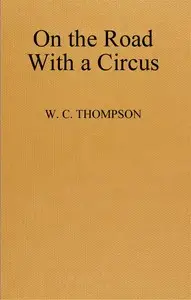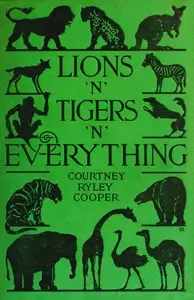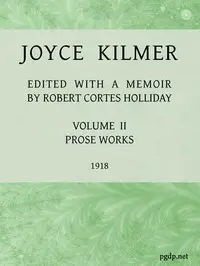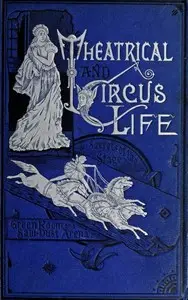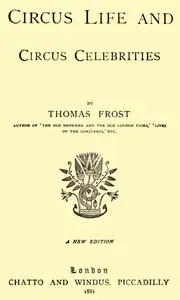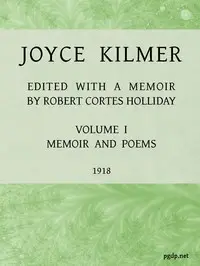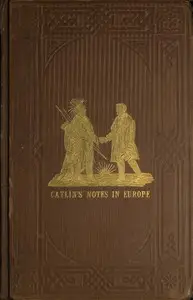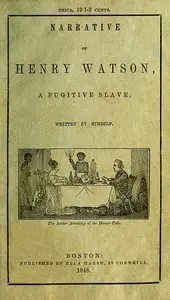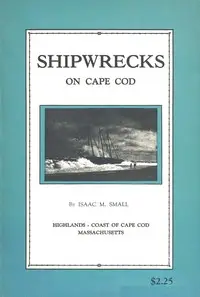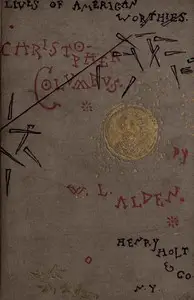"The Circus, and Other Essays and Fugitive Pieces" by Joyce Kilmer is a collection of writings that gives readers a look into early 20th-century life through thoughtful and funny observations. The book looks at the different parts of life, art, and being human. It touches on many things, like how the circus is like life, the importance of religion, and what poets mean to everyone. Starting with a look at the circus, the book shows how Kilmer sees the world. He talks about the circus's values and how it brings faith and wonder to normal life. Kilmer uses humor and great descriptions to talk about the people and shows in the circus, making it an exciting symbol for daily adventures and shared experiences, which sets the tone for the rest of the essays, filling them with happiness for the simple things and comments about society.

The Circus, and Other Essays and Fugitive Pieces
By Joyce Kilmer
Step into a world of early 20th-century reflections where everyday life is examined with humor and heart, revealing hidden wonders in the ordinary.
Summary
About the AuthorAlfred Joyce Kilmer was an American writer and poet mainly remembered for a short poem titled "Trees" (1913), which was published in the collection Trees and Other Poems in 1914. Though a prolific poet whose works celebrated the common beauty of the natural world as well as his Catholic faith, Kilmer was also a journalist, literary critic, lecturer, and editor. At the time of his deployment to Europe during World War I, Kilmer was considered the leading American Catholic poet and lecturer of his generation, whom critics often compared to British contemporaries G. K. Chesterton (1874–1936) and Hilaire Belloc (1870–1953). He enlisted in the New York National Guard and was deployed to France with the 69th Infantry Regiment in 1917. He was killed by a sniper's bullet at the Second Battle of the Marne in 1918 at the age of 31. He was married to Aline Murray, also an accomplished poet and author, with whom he had five children.
Alfred Joyce Kilmer was an American writer and poet mainly remembered for a short poem titled "Trees" (1913), which was published in the collection Trees and Other Poems in 1914. Though a prolific poet whose works celebrated the common beauty of the natural world as well as his Catholic faith, Kilmer was also a journalist, literary critic, lecturer, and editor. At the time of his deployment to Europe during World War I, Kilmer was considered the leading American Catholic poet and lecturer of his generation, whom critics often compared to British contemporaries G. K. Chesterton (1874–1936) and Hilaire Belloc (1870–1953). He enlisted in the New York National Guard and was deployed to France with the 69th Infantry Regiment in 1917. He was killed by a sniper's bullet at the Second Battle of the Marne in 1918 at the age of 31. He was married to Aline Murray, also an accomplished poet and author, with whom he had five children.


